
Question to the EC: EU investments in cultural sites: absence of a functional, coordinated, clear and self-sustainable strategic framework for the sector
See Francisco Guerreiro’s question to the European Commission and the written answer on the EU investments in cultural sites.
Subject: EU investments in cultural sites: absence of a functional, coordinated, clear and self-sustainable strategic framework for the sector
Cultural heritage is a defining aspect for Member States. In this context, the EU has the role of encouraging cooperation and of supporting or implementing their related actions.
Nevertheless, the European Court of Auditors’ special report 08/2020 concludes that EU investments in cultural sites need more focus and coordination to serve their purpose.
The report highlights that the monitoring of the objectives in the Commission’s Agenda for Culture is insufficiently developed and that it is not taken into account in the main EU funds that provide financing to the sector. Furthermore, it indicates that the EU’s overall amount spent on investments in cultural sites is not specifically monitored (absence of indicators/milestones), which is worrying.
The report also suggests that the EU should decrease Member States’ dependence on public subsidies by, for example, favouring the financing – under the European Regional Development Fund (ERDF) – of projects that contain plans to improve the financial self-sustainability of cultural sites.
Does the Commission intend to improve funding and the current strategic framework for culture by, for example, setting clear goals and indicators in the next Work Plan for Culture?
Does the Commission have any plans to strengthen the financial self-sustainability of national cultural sites funded by the ERDF?
Answer in writing
EU’s competences in the field of culture are to ‘carry out actions to support, coordinate or supplement the actions of the Member States’. The Commission considers the European Court of Auditors’ Special Report No 8/2020 a useful contribution to reflections on how to improve the work on EU investments in cultural sites. It accepted all of its recommendations and has already started to work on them. In this context, and while keeping in mind the subsidiarity principle, the Commission could propose to the Member States to address the first recommendation of the Court — to improve the current strategic framework for culture within the remit of the Treaties — during the negotiations of the next Work Plan for Culture in the Council, which will most likely take place in 2022.
The selection of operations supported by the European Regional Development Fund (ERDF) and the monitoring of the durability of the investment results are under the responsibility of the Member States. In accordance with the Commission’s proposal for the new Common Provisions Regulation(1), managing authorities need to verify, when selecting projects, that beneficiaries have the necessary financial resources and mechanisms to cover operation and maintenance costs.
The Work Plan for Culture 2019-2022 builds on the momentum created by the European Year of Cultural Heritage 2018. In this context, the Portuguese Presidency plans to host a workshop in January 2021 on alternative funding for cultural heritage, such as public-private partnerships, use of lottery funding, tax credit for donations or philanthropy. The aim is to identify new sources of funding for cultural heritage and transferable best practices in order to promote its economic sustainability.
(1) COM(2018) 075 final.
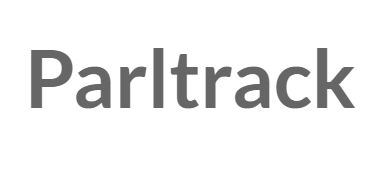
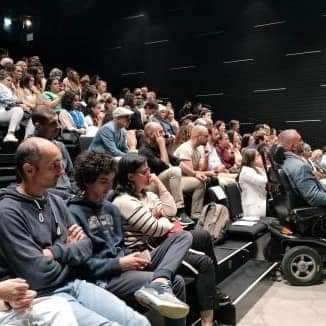
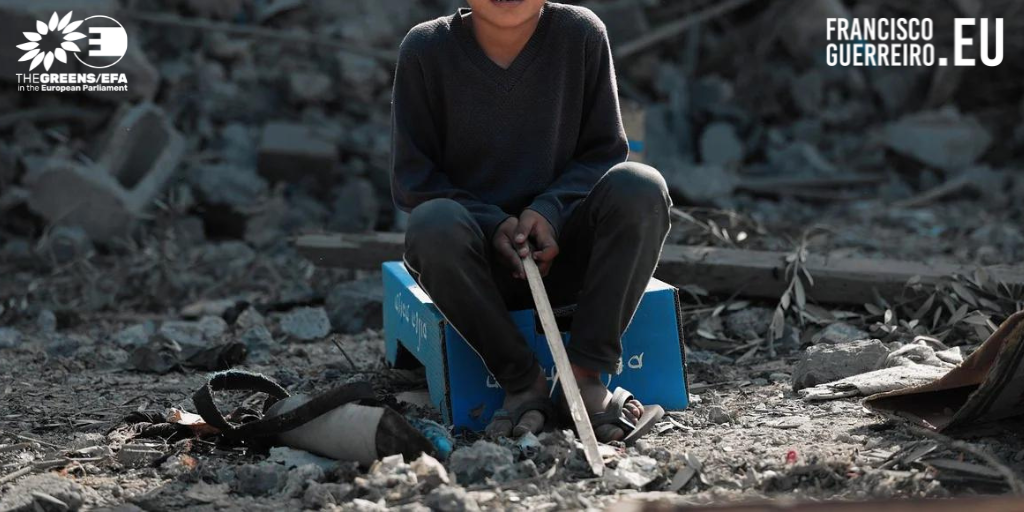
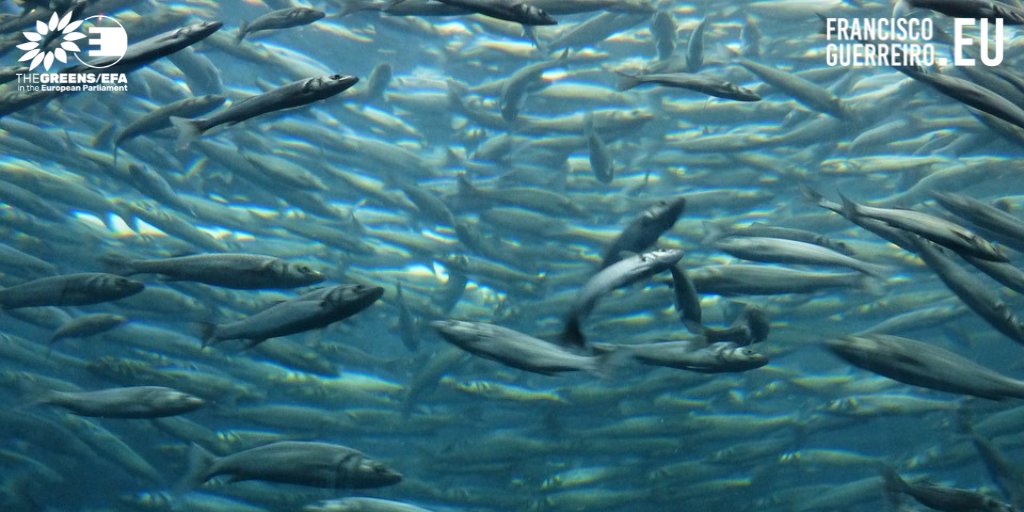
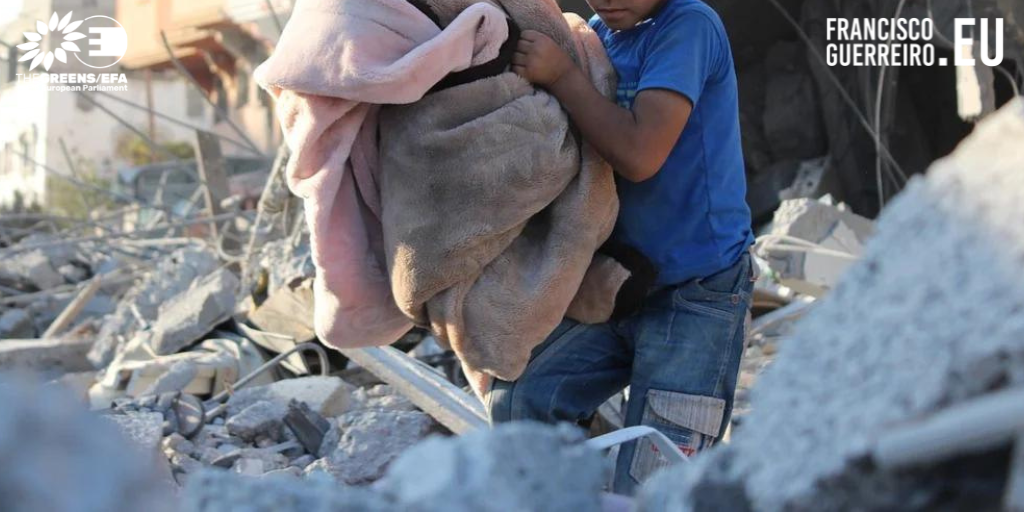
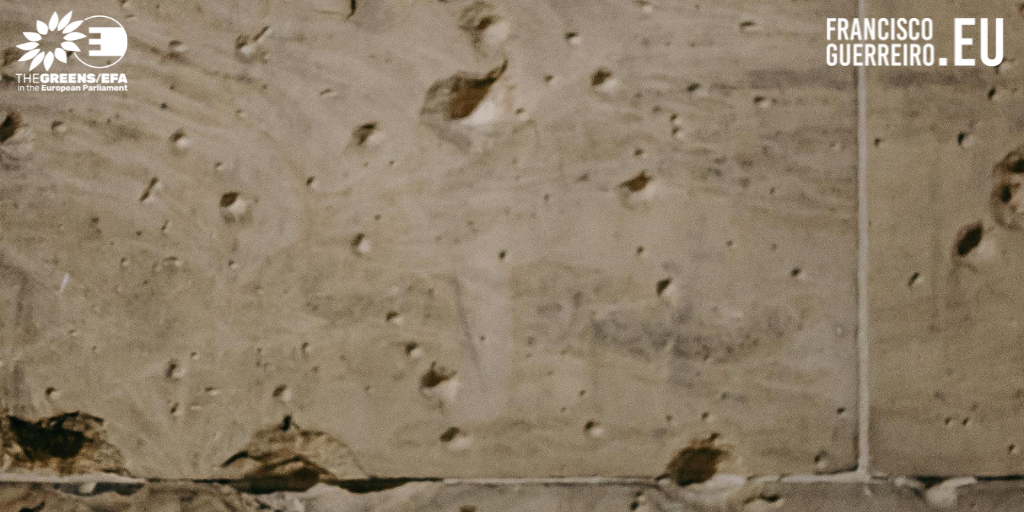
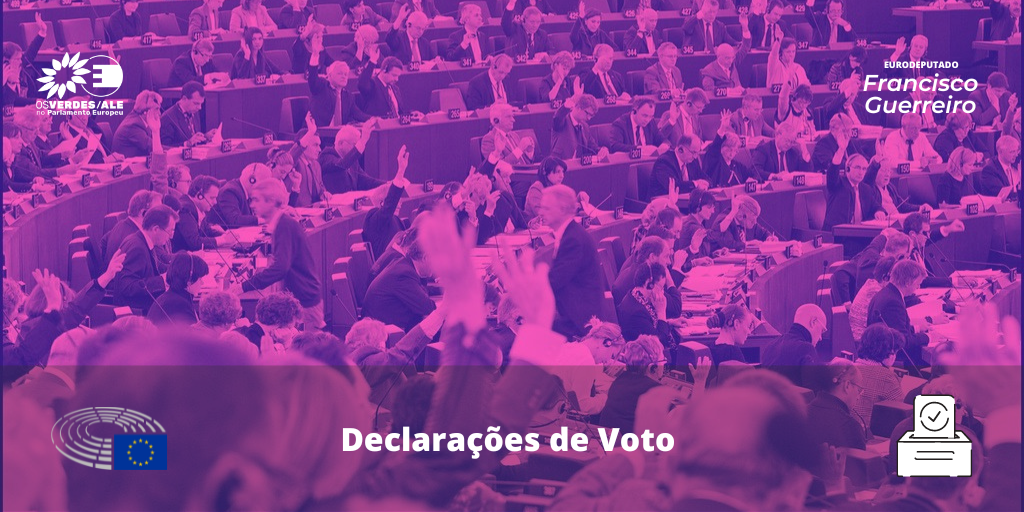
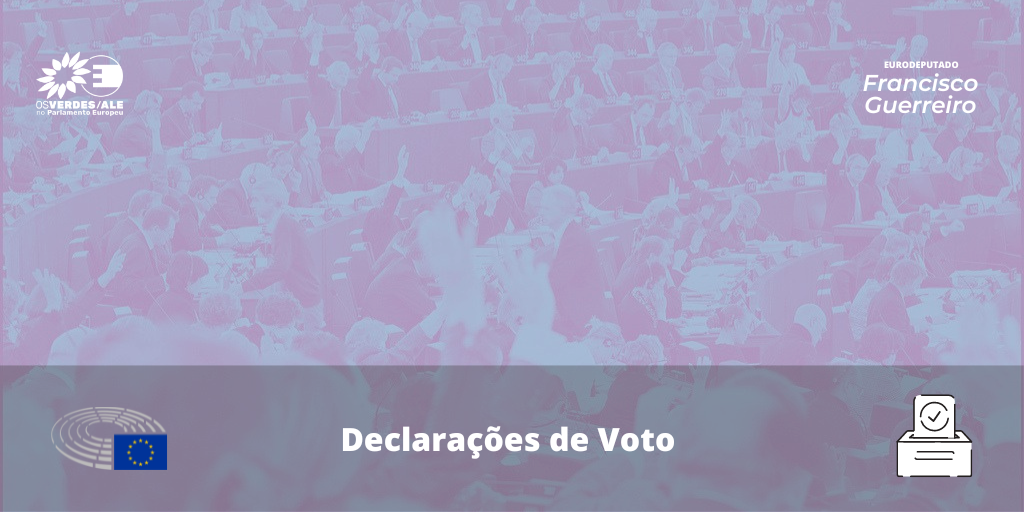
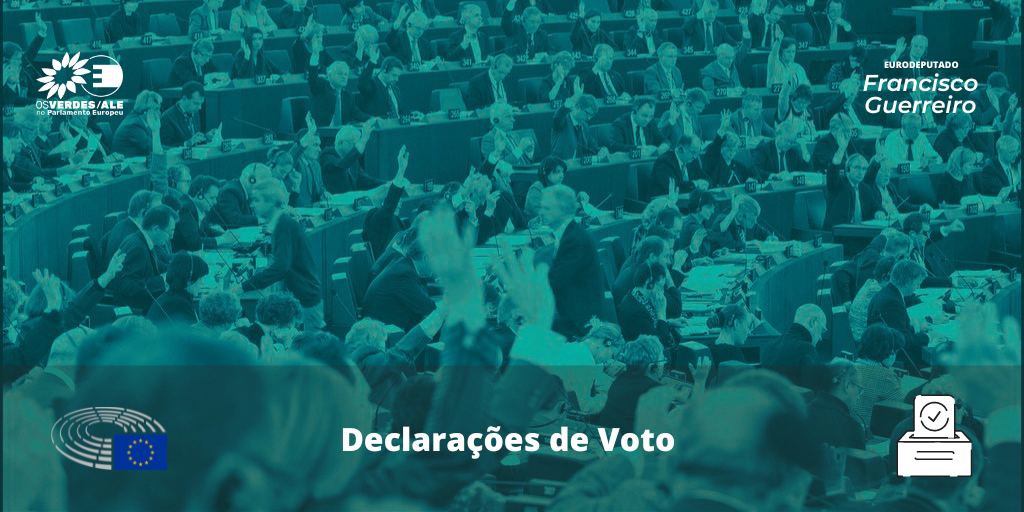
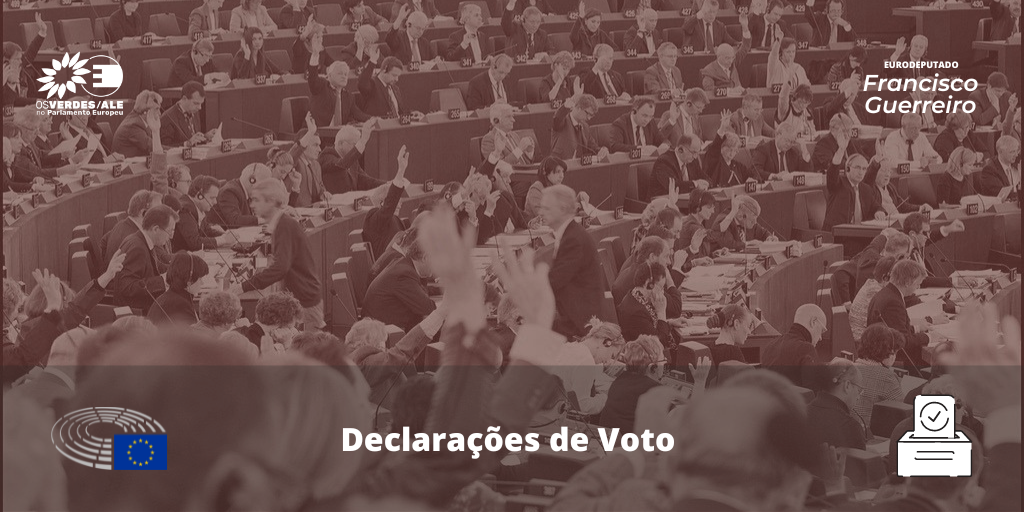
ParlTrack - Francisco Guerreiro considered one of the most productive MEPs
Monday, 01 July 2024
The analytical website ParlTrack has recorded all the parliamentary actions of MEPs during the 2019-2024 term, considering Francisco Guerreiro one of the most productive.READ MORE